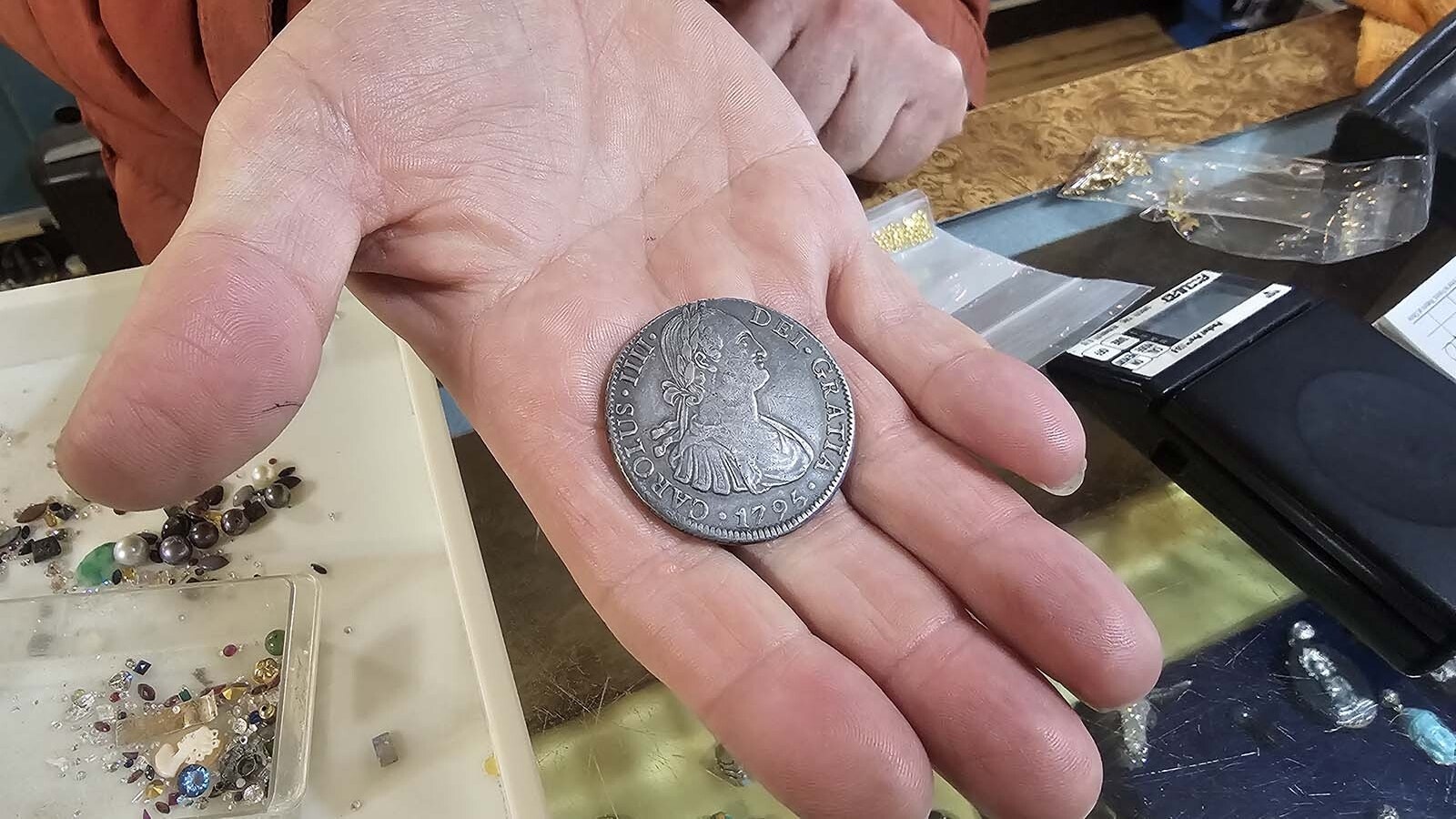A plan to reward the state’s investment officials for good decisions will help the state build and maintain a team of skilled investment professionals, according to state Treasurer Curt Meier.
Meier, in an interview with Cowboy State Daily, said Friday the plan put forward by HB 222 would encourage smarter investments of state money, which in turn could help the state weather the fluctuations in energy prices.
“We need to attract and maintain a great team of investment people for the state of Wyoming,” he said. “If we can do our just to get (investment returns) to the median of what other states are doing, we can fix the budget crisis in our state.”
HB 222, which is awaiting the signature of Gov. Mark Gordon to become law, would reward investment professionals with a bonus equal to a percentage of their salaries if their investments exceed certain market benchmarks.
The bonus size would fluctuate based on the investment professional’s position. For instance, the state’s top investment officer, Patrick Fleming, could double his salary of $250,000 for good performance.
The bonuses would be paid out over three years to encourage investors to remain with the state. If they left state employment before the end of the three-year period, they would forfeit the remainder of their bonuses.
“We don’t want people to get into the hit and run attitude,” Meier said. You can have somebody … run way out on the risk cycle just to get his bonus and pick up his check and leave.” The arrangement will also help encourage investment officers to make prudent decisions so they are not fired, Meier said.
Good investment officers look not only at returns, Meier said, but the risks involved. For instance, he noted some corporation in recent years have been borrowing money so they could buy back their own stock.
“You have to figure out what those underlying things are that aren’t apparent to everyone,” he said. “You have to get the right people to do the right study, the right analysis. It’s not just the returns, it’s the risk-balanced returns.”
The bonus plan could eventually allow the state to reduce the fees it pays to investment firms, now estimated at $60 million to $80 million a year, Meier said, by increasing the number of talented investment professionals inside the state.
“We’re probably in the bottom 2 percent of what people are paid (nationally),” he said. “That’s why we’re trying to build the team with in-state people. We’re trying to grow our own here. Because it’s har to get somebody from outside who doesn’t like the bright lights and big city.”





